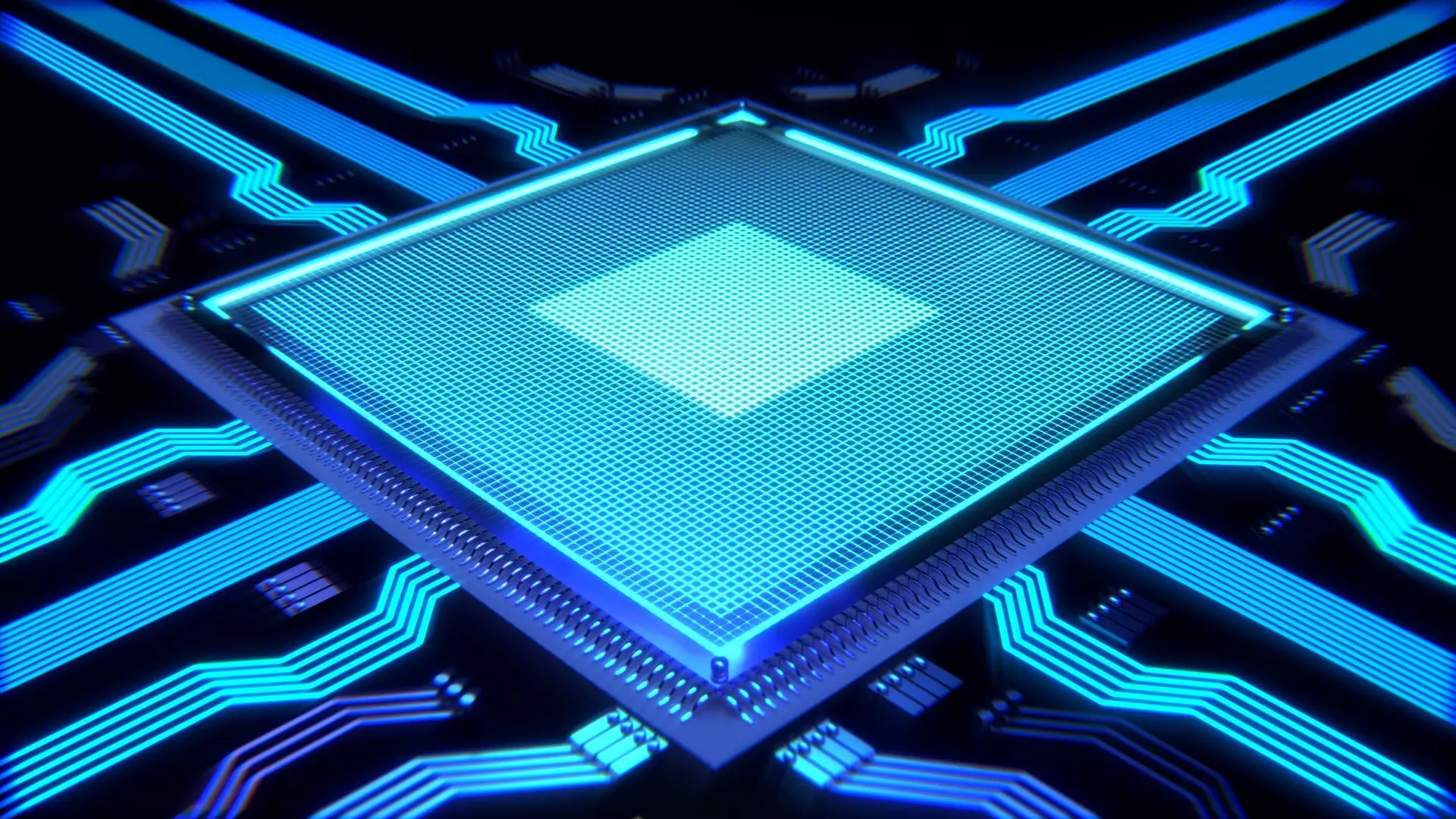The landscape of computing has shifted drastically in recent years, with advancements in technologies such as machine learning and 5G networks driving the need for high computing performance. What was once considered a luxury has now become a day-to-day necessity, with the demand for more energy-efficient and cost-effective systems at an all-time high.
One solution to meet the demands of high-performance computing is the development of chiplets. These unpackaged dies can be assembled into a package with other chiplets, each serving a specific function. The concept of chiplets involves creating a library of chiplets that can be assembled and interconnected using a die-to-die interconnect scheme.
In response to the increasing complexity of high-speed interchiplet serial links, Jingtong Hu and his team at the University of Pittsburgh Swanson School of Engineering have developed SPIRAL. This framework allows for the co-analysis of signal-power integrity in these links, providing a more efficient and accurate method for design validation.
SPIRAL utilizes machine learning techniques to build equivalent models for the links, incorporating a transmitter model and impulse response model for the channel and receiver. By co-analyzing signal-power integrity with a pulse response based method, SPIRAL offers a significant improvement over existing tools like SPICE.
As chiplet technology continues to evolve, the need for more advanced analysis and validation tools will only increase. SPIRAL represents a step towards addressing the challenges posed by the complex interconnect schemes of chiplets, paving the way for more efficient and robust design processes in high-performance computing.
The future of computing lies in the hands of innovative technologies like chiplets and frameworks like SPIRAL. With a focus on energy efficiency, cost-effectiveness, and high computing performance, the possibilities for advancement in the field of high-performance computing are endless.


Leave a Reply